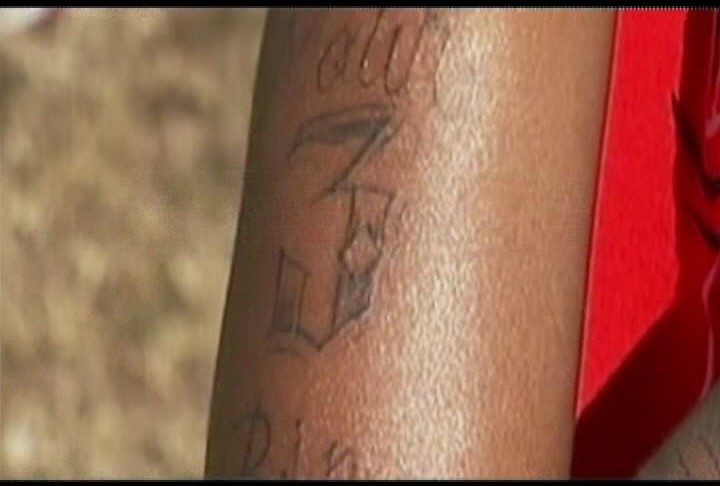By Brian Earp
See Brian’s most recent previous post by clicking here.
See all of Brian’s previous posts by clicking here.
Follow Brian on Twitter by clicking here.
Love and other drugs, or why parents should chemically enhance their marriages
Valentine’s day has passed, and along with it the usual rush of articles on “the neuroscience of love” – such as this one from Parade magazine. The penner of this particular piece, Judith Newman, sums up the relevant research like this:
It turns out that love truly is a chemical reaction. Researchers using MRIs to look at the brain activity of the smitten have found that an interplay of hormones and neurotransmitters create the state we call love.
My humble reckoning is that there’s more to “the state we call love” than hormones and neurotransmitters, but it’s true that brain chemistry is heavily involved in shaping our experience of amour. In fact, we’re beginning to understand quite a bit about the cerebral circuitry involved in love, lust, and human attachment—so much so that a couple of Oxford philosophers have been inspired to suggest something pretty radical.
They think that it’s time we shifted from merely describing this circuitry, and actually intervened in it directly—by altering our brains pharmacologically, through the use of what they call “love drugs.”
Read More »Love and other drugs, or why parents should chemically enhance their marriages




